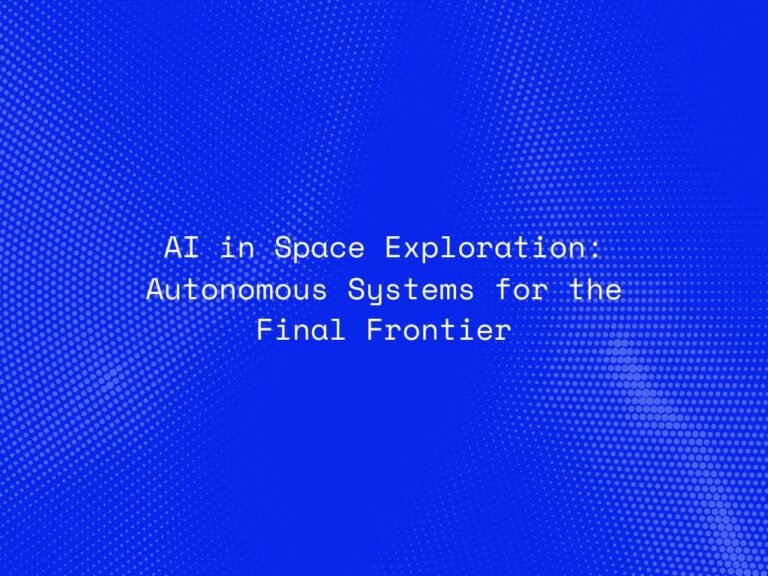The creative industries—such as music, literature, and art—are undergoing a transformation thanks to generative artificial intelligence (AI). Generative AI is able to produce content that is remarkably similar to human creativity and imagination by using large datasets and sophisticated algorithms. We’ll examine how generative AI is influencing these creative fields and generating new forms of expression in art, music, and literature in this blog post.
Understanding Generative AI:
A branch of artificial intelligence called “generative AI” is dedicated to the self-generated creation of new content. Generative AI models are capable of producing a wide range of realistic content in other domains, such as literature, music, and graphics, in contrast to standard AI systems that are usually task-specific. Generative AI blurs the boundaries between human and machine-generated art by identifying patterns in data and learning from them to create creative, unique material.
Art:
Generative AI is transforming the creative process in the arts by allowing creators to experiment with novel methods and aesthetics. By generating digital paintings, sculptures, and designs, generative AI algorithms can inspire artists and push the limits of conventional artistic processes. Additionally, generative AI can make it easier for humans and machines to work together to create hybrid works of art that fuse human creativity with machine intelligence.
Music:
The music business is also seeing a rise in the use of generative AI, which is being applied to creatively write, produce, and remix music. Generative AI algorithms are capable of producing creative compositions, modifying pre-existing tunes, and producing distinctive soundscapes through the analysis of musical patterns and genres. By experimenting with various genres, styles, and arrangements, artists and composers now have more opportunities to push the bounds of conventional music creation.
Connect With Us
Literature:
Generative AI is revolutionizing storytelling and narrative generation in literature by providing new tools for authors and writers to explore imaginative ideas and storylines. Based on predetermined prompts or topics, generative AI algorithms can produce text-based material, such as novels, poetry, and short stories. Generative AI can serve as an inspiration for writers, producing concepts, personas, and dialogue that they can then expand upon and polish throughout their own writing endeavors.
Cross-Disciplinary Collaboration:
Writing and narrative production are being revolutionized in literature by generative AI, which provides new tools for authors and writers to experiment with original ideas and storylines. Based on predetermined prompts or topics, generative AI algorithms can produce text-based material, such as novels, poetry, and short stories. Generative AI can serve as an inspiration for writers, producing concepts, personas, and dialogue that they can then expand upon and polish throughout their own writing endeavors.
Ethical Considerations:
As with any technology, the use of generative AI in creative fields raises important ethical considerations, including issues such as copyright infringement, attribution, and authenticity. Artists, musicians, and writers must ensure that they use generative AI responsibly and ethically, respecting intellectual property rights and giving proper credit to the creators of the algorithms and datasets used. Additionally, stakeholders should be transparent about the role of generative AI in the creative process, maintaining the integrity and authenticity of the artworks, compositions, and literary works produced.

Conclusion:
Generative AI holds immense potential for transforming art, music, and literature, offering new tools and techniques for creative expression and exploration. By leveraging advanced algorithms and vast datasets, generative AI enables artists, musicians, and writers to push the boundaries of traditional creative practices, inspiring new forms of expression and collaboration. However, it is essential for stakeholders to approach the use of generative AI with caution, taking into account ethical considerations and ensuring responsible and ethical use of this transformative technology. As generative AI continues to evolve, it promises to redefine the landscape of art, music, and literature, shaping the future of creativity and innovation in profound and unexpected ways.




